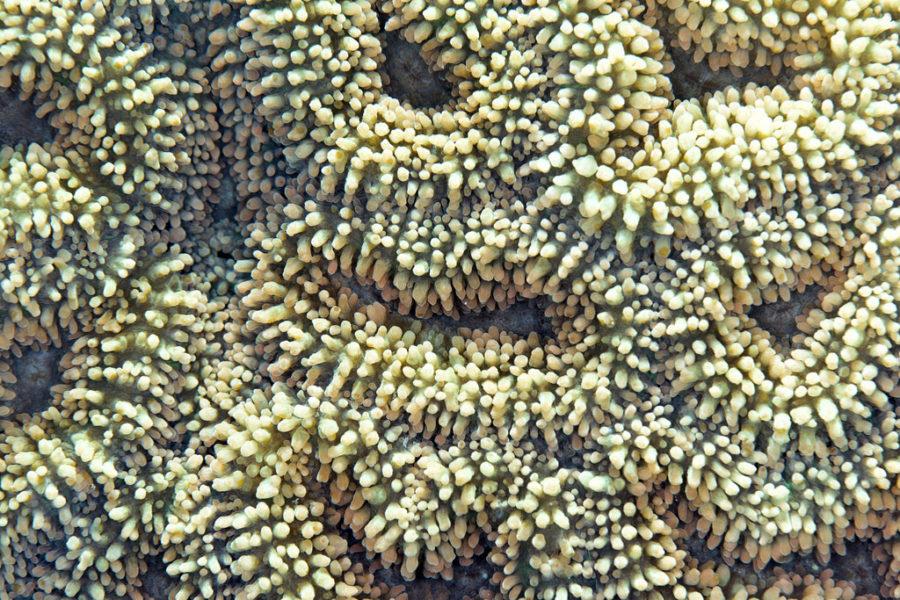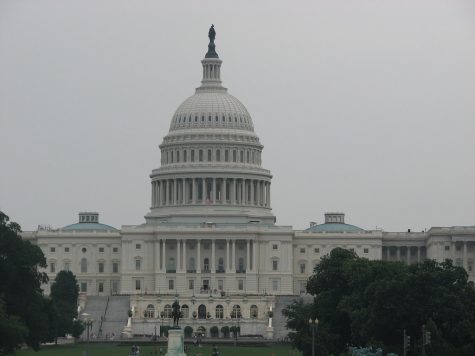The Great Barrier Reef is Dying, Scientists Say
March 30, 2017
The Great Barrier Reef, one of the world’s most amazing natural wonders, is in a severe amount of trouble. The once immaculate and pristine northern sector of the reef, a section encompassing more than a hundred miles, was recently found dead due to a profound increase in seawater temperatures — a process known as bleaching. More sections around the middle of the reef, sections that bring a countless number of tourists to Australia year after year, could face a similar fate in the months to follow.
When Terry P. Hughes, the director of a James Cook University-funded coral reef study, was asked to comment on the devastating effects beaching has had on the reef, he was quoted by the New York Times as saying, “We didn’t expect to see this level of destruction to the Great Barrier Reef for another 30 years. In the north, I saw hundreds of reefs — literally two-thirds of the reefs were dying and are now dead.”
The damage to the Great Barrier Reef, a structure so massive it can be seen from space, is an intensifying problem that, prior to 2016, had been slowly unfolding for nearly two decades. Of course, as the reef continues to deteriorate, the thousands of species of sea creatures that inhabit the coral die with it. This could have a devastating impact on developing nations, as hundreds of millions of people in these poorer countries obtain their protein predominantly from reef fish.
For decades, it was argued that if society continued to burn fossil fuels at the same runaway rate, greenhouse gas build-up would warm the oceans to a point capable of causing serious damage to coral reef. This has now become a reality. When Professor Hughes was asked to comment on this, he stated,“Climate change is not a future threat. On the Great Barrier Reef, it’s been happening for 18 years.”
The Australian government, to combat these local threats to its coral reef, released a Reef 2050 plan that restricts the development of ports development and agricultural runoff. However, as Imogen Zethoven, campaign director for the Australian Marine Conservation Society, puts it, “Australia is the largest coal exporter in the world, and the last thing we should be doing to our greatest national asset is making the situation worse.”
Biologists estimate that, within a few years, certain types of plate coral found only in the Great Barrier Reef could go extinct, as well as the tiny sea creatures that rely on these plates as protection from predators. With the international effort to fight back against climate change losing momentum, ocean temperatures continue to rise without any sign of slowing down. As Mark Eakin, a reef scientist associated with the National Oceanic and Atmospheric Administration, says, “I don’t think the Great Barrier Reef will ever again be as great as it used to be — at least not in our lifetimes,”













